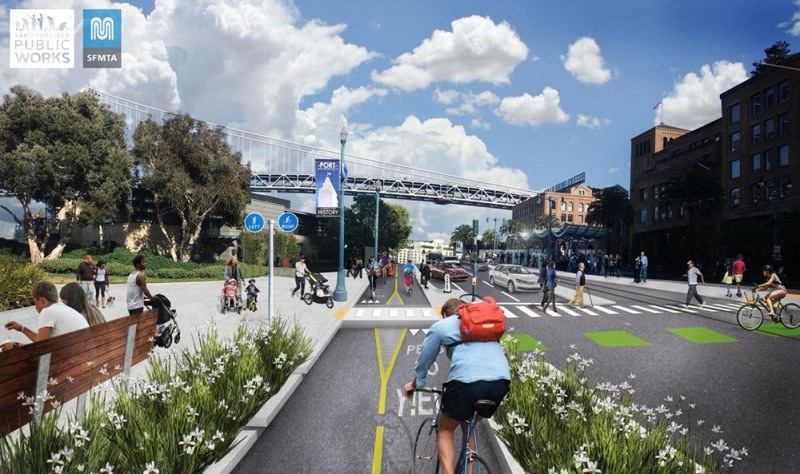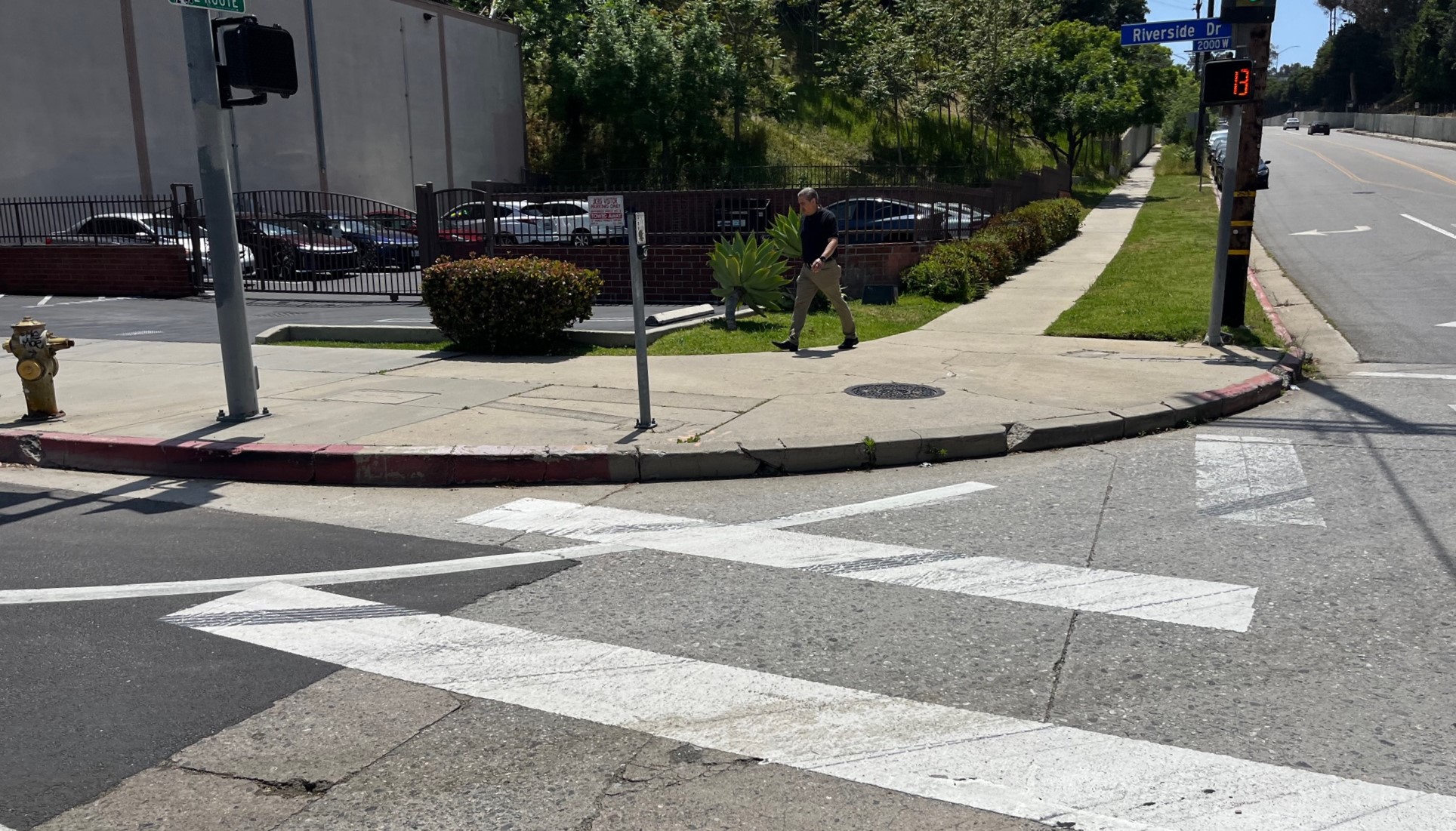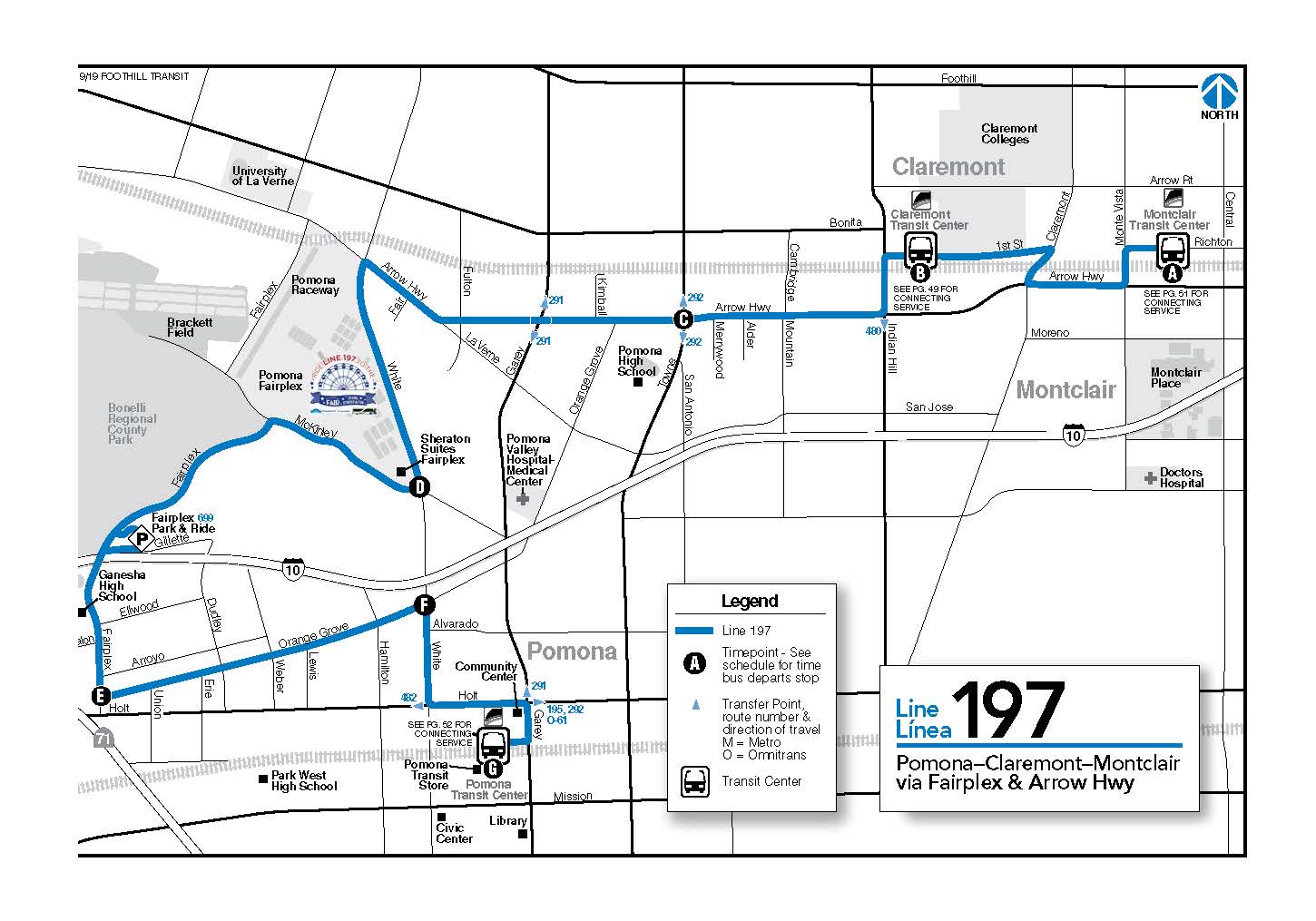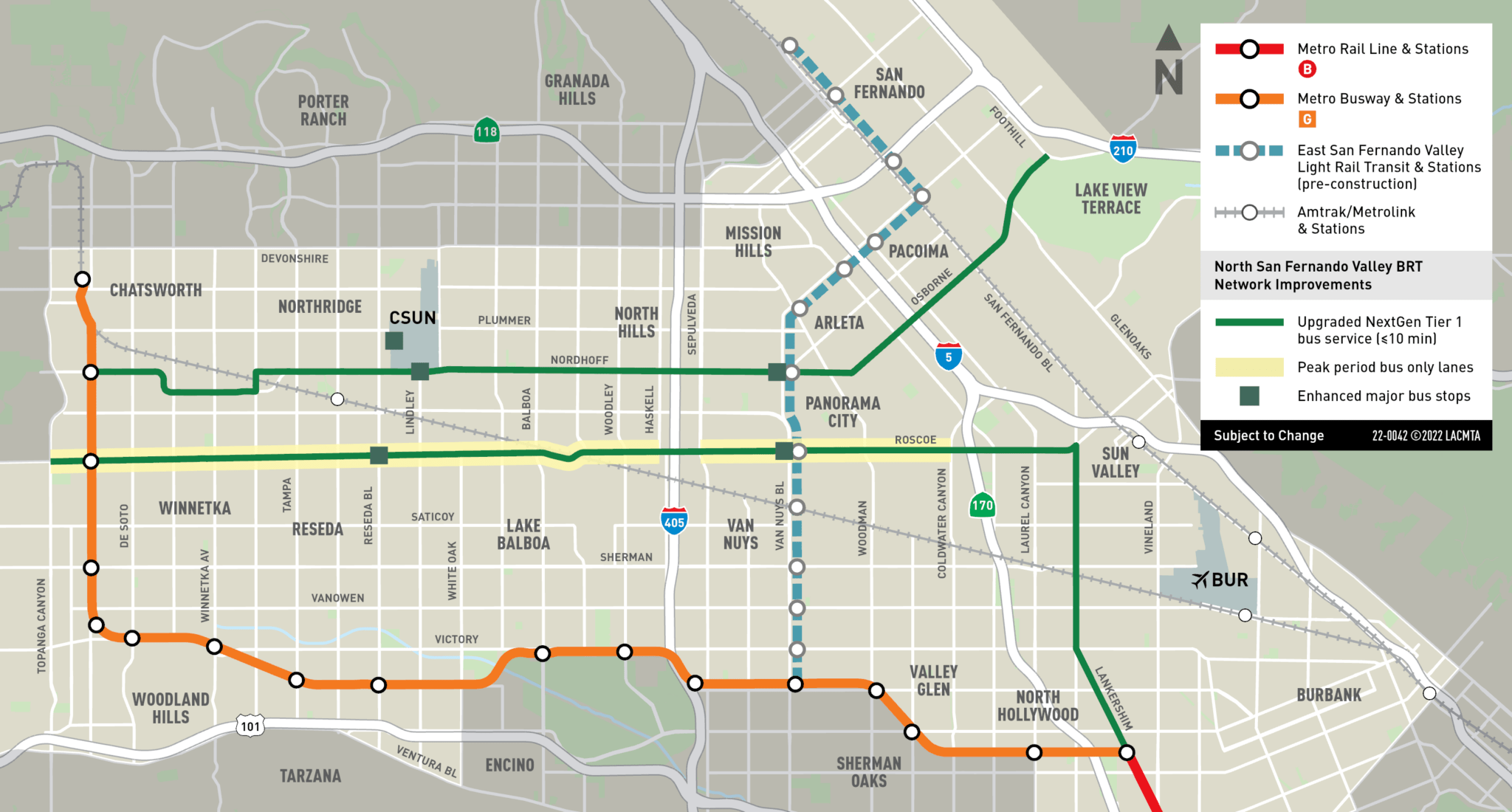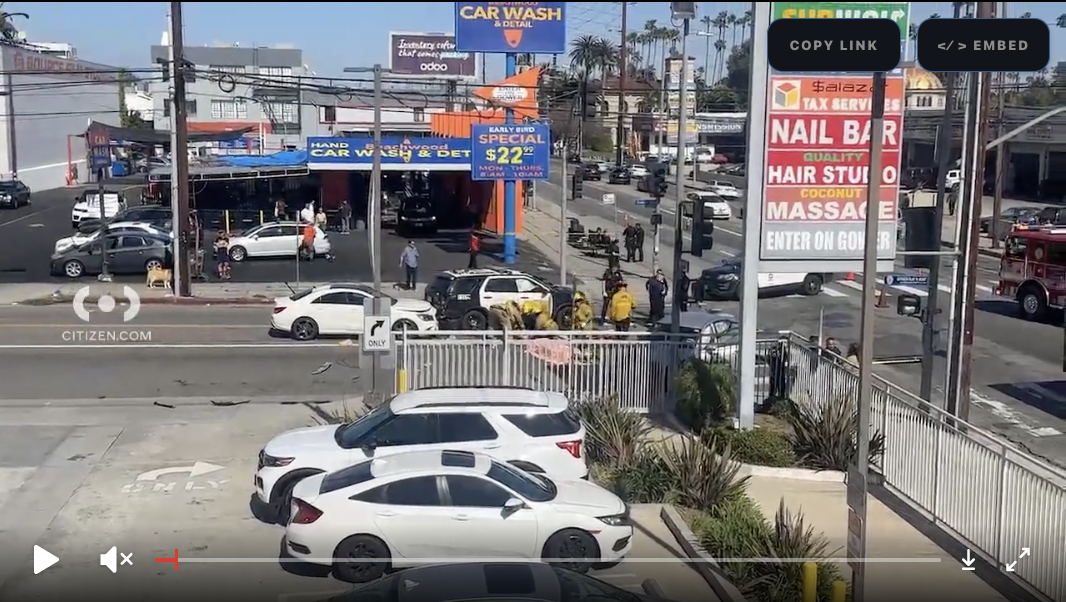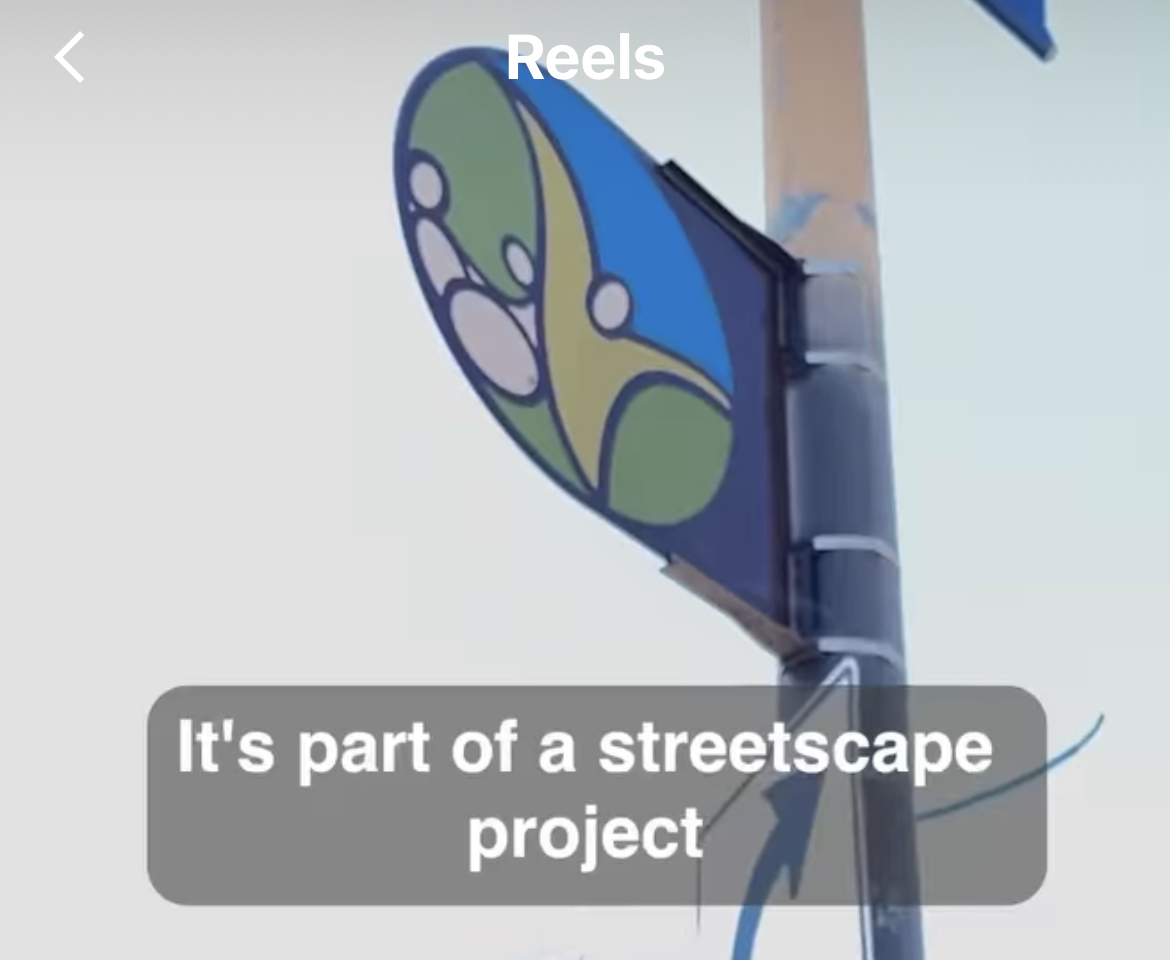Note: GJEL Accident Attorneys regularly sponsors coverage on Streetsblog San Francisco and Streetsblog California. Unless noted in the story, GJEL Accident Attorneys is not consulted for the content or editorial direction of the sponsored content.
San Francisco State Senator Scott Wiener introduced legislation Monday to exempt transit, bike, and pedestrian projects from onerous and time consuming reviews under the California Environmental Quality Act. According to a release from the Senator's staff, exempted infrastructure projects would include: safer streets for walking and biking; updated and new transit stations; faster, more efficient bus service with new bus rapid transit lines; bridge repairs; and the installation of new zero emission vehicle charging infrastructure.
“To recover from this economic disaster, we must prioritize economic recovery and investment,” said Wiener in a statement. “S.B. 288 will put people back to work on projects... It will also reduce carbon emissions by expediting the approval and construction of environmentally sustainable transportation projects. We can’t just cross our fingers and hope that jobs come back. Rather, we need to be intentional about jump-starting our economy."
S.B. 288 is sponsored by SPUR, the Bay Area Council, and the Silicon Valley Leadership Group.
"In other countries, transit and sustainable transportation projects are commonly presumed to have a positive impact on the environment by reducing driving and greenhouse gas emissions," wrote Laura Tolkoff, regional planning policy director for SPUR, in an email to Streetsblog. "In Canada, most public transit projects do not have to complete a full environmental assessment. In Germany, agencies can self-certify that they are compliant with environmental laws."
"Currently, too many types of projects that expand our access to sustainable transportation, reduce greenhouse gas emissions, and improve our cities - like transit priority lanes or new stations - take too long to implement and end up costing more than they ought to because a small number of people opposed to a project can hijack the environmental review process and create years of delay," said Seamless Bay Area's Ian Griffiths.
Tolkoff added that some of the up-front public input portions of the bill will make for better projects overall. "Too often, CEQA is used as a default planning process. But this means that public input comes too late to meaningfully shape the project. S.B. 288 also establishes an upfront and consistent public engagement process, supporting community-led decision-making throughout the project's life."
"Environmental laws like CEQA exist to protect and improve the environment. In many regards they have been effective, and even transformative," wrote Livable City's Tom Radulovich in an email about the legislation. However, "in the transportation arena, they have often led to perverse or destructive outcomes - widening roads to ‘mitigate’ traffic impacts, and interminable analysis for sustainable transportation improvements."
Perhaps the most twisted and famous example of this came in 2006, when Rob Anderson sued under CEQA to stop San Francisco from building out its bike network. It's a good idea to look at Streetsblog's old coverage to truly appreciate how nutty it all was, with Anderson even comparing San Francisco cyclists to "Islamic fanatics" who engage in suicide bombings. The suit was tossed out. But for the four years it was pending San Francisco couldn't even install a bike rack.
Meanwhile, S.B. 288 is one of a series of bills slowly rolling back the dysfunctional parts of CEQA law. "Particularly the recent level-of-service to vehicle-miles-traveled reform," said Radulovich, referring to recently reformed CEQA laws that required cities to continually widen roads and intersections, often destroying neighborhoods and the environment in the process, in a futile effort to prevent traffic delays. He added that the state should hold onto portions of CEQA that legitimately protect the environment and protect residents from "...noise and pollution from construction."
“Striping bike lanes or transit-only diamonds onto San Francisco’s existing asphalt does not pose a threat to California’s environment. In order to address climate change, social equity, and the COVID health and financial crises, we need more projects that put people first. And we need them fast,” said Jeffrey Tumlin, SFMTA Director of Transportation in the release. “S.B. 288 removes pointless delays and will allow government to get its essential work done efficiently.”
